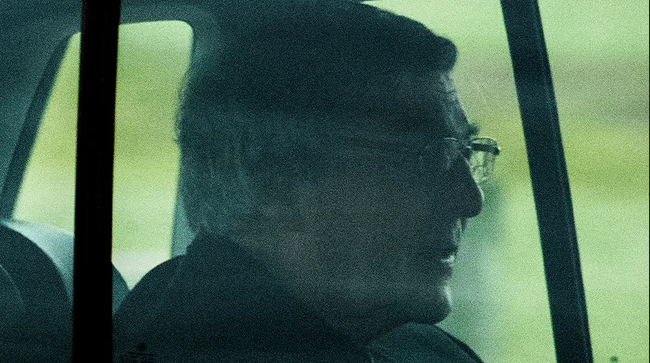The Pell Decision Makes Me Feel Numb

George Pell walks free.
That wasn’t what I expected to hear yesterday. Sure, I knew that there was a possibility that it might happen, but I didn’t expect it.
The only word I can think of to explain how I feel is numb. I’m not angry, upset, happy… just numb.
I have already been contacted by other survivors, and they are shocked and upset. I understand this. They were abused by people with status and power. The abuses were covered up by the Church, and then we had a Royal Commission during which complainants bared their souls.
But nothing changed for them. Yes, some laws were put into place to protect children today and in the future, but nothing changed for complainants. They wanted offenders to be held accountable. They wanted the institutions that covered up transgressions and allowed them to continue to be punished. They wanted justice.
When Pell was first charged, things changed in my hometown of Ballarat, where he was a priest. Half of the people were angry and wanted to see him imprisoned. Many had heard stories and were glad that something was being done. The other half were upset that he had been charged, and blamed complainants, calling them liars.
This was a tough time. It was funny to see the supposedly religious people hurling abuse at us. I was abused at the supermarket, from the windows of cars driving by, in anonymous notes left in the letterbox, and by email and on Facebook. I had to go to the police — they investigated Facebook posts and pages set up to defame me and others. In town, ribbons showing support for survivors were regularly cut down. And as the trial went further on these things did not stop, and still haven’t.
I can assure you that I did not venture outside yesterday.
Yesterday, the High Court said that the jury, judge and appeal judges all “failed to engage with whether… it was reasonably possible that [the complainant’s] account was not correct, such that there was a reasonable doubt as to the applicant’s guilt”.
When it’s one person’s word against another, there will always be the possibility that the incident didn’t happen. That’s why it’s in court. While we cannot be certain, I am fairly sure that the jury would have considered that the abuse may not have happened — but obviously they must have thought the evidence of the victim was more likely.
But Pell walks free.
The court is not about justice. It’s about legal procedure. Innocence and guilt are not the end objective — only what can be proven to the standard demanded by the court: beyond reasonable doubt. In cases of sexual abuse without a confession or physical evidence, this standard is nearly impossible to meet.
And this case will make it even harder. There will be fewer cases that make it to court — let alone ones that result in convictions.
All this decision means is that the prosecution couldn’t prove its case beyond reasonable doubt. There are still lots of questions around what Pell knew while children were being abused in Ballarat and when he knew it — matters that were investigated by the Royal Commission into Institutional Responses to Child Sexual Abuse. Because of his pending criminal trial at the time, the Royal Commission redacted anything to do with Pell in its 2017 report.
Pell claimed he didn’t know why Gerald Ridsdale, one of the most notorious paedophiles in the country, was moved from parish to parish by Bishop Ronald Mulkearns, the head of the Diocese of Ballarat in the 80s. The Royal Commission rejected that claim, insisting that Pell had to have known — he was one of Mulkearns’ consultors. But there was no evidence to prove it.
Complete Article ↪HERE↩!
